Giving Thanks for 2022
This afternoon (Dec. 31) I helped pick up fir and cedar limbs in our backyard and now my arm is twanging. It’s been 4 weeks! Isn’t it fine now?
 But I promised myself I would do an end-of-the year round up of my submissions, and I’m not going to let my arm stop me.
But I promised myself I would do an end-of-the year round up of my submissions, and I’m not going to let my arm stop me.
If you’re looking for on-line and print venues for your poems and other writings, maybe this post will be of interest to you, too.
In 2022 I made 101 submissions of poetry, and 28 of prose pieces.
Sixteen venues said yes to 22 poems, one story, one CNF (creative nonfiction piece), and two book reviews. If you’re new to sending out your work, this is actually a very good return.
One poem won a contest: Edmonds Arts Council, Poets Perspective; one poem was Pushcart-nominated; and one received a Best of the Net nomination.
In an earlier post this year I shared that I had a goal of 100 rejections in 2022. I didn’t make it. I heard a firm “no” only 71 times and among those I had a number of encouraging notes and invitations to resubmit. (It’s all good, in other words.) A large number of poems and about 4 essays are still out, some from as long ago as February, 2022, so I could (conceivably) get to my 100 rejections.
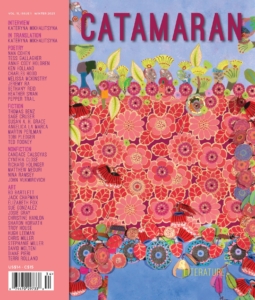 Of course it’s way more fun to look at the acceptances. I’ve shared a few of these over the year, but recently the mail brought my contributor copy of Catamaran, a journal which, if you don’t know it, you should. As their banner says: “West Coast themes, Writers and Artists from Everywhere.” My poem, “A Mask of Forgetting,” is paired with art by Elizabeth Fox, and the whole thing is beautifully put together, well worth the trip.
Of course it’s way more fun to look at the acceptances. I’ve shared a few of these over the year, but recently the mail brought my contributor copy of Catamaran, a journal which, if you don’t know it, you should. As their banner says: “West Coast themes, Writers and Artists from Everywhere.” My poem, “A Mask of Forgetting,” is paired with art by Elizabeth Fox, and the whole thing is beautifully put together, well worth the trip.
This month I also received a contributor copy of Peregrine, from Amherst Poets & Writers. They picked up two of my poems: “Reading Andrew Motion’s Biography of John Keats,” and “Every Cell of Me.” I 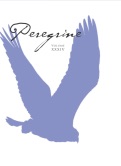 appreciate all the on-line journals now encouraging writers, but it’s still a treat to get a copy of a real, flesh-and-bone journal.
appreciate all the on-line journals now encouraging writers, but it’s still a treat to get a copy of a real, flesh-and-bone journal.
Speaking of poems-paired-with-amazing-art: check out my poem, “Lessons in Beekeeping,” at Open: A Journal of Arts & Letters. The art, “Old Bee Farm,” by Clara Southern, is perfect.
And, though I’ve mentioned it before, I want to tell you again about Escape Into Life, which I consider one of my luckiest finds ever. Kathleen Kirk and the review editor, Seana Graham, have been incredibly generous to me. (Not to mention the prize nominations. Well, okay, to mention them.) Over the years they’ve published quite a few of my poems, and book reviews, always pairing the poems with gorgeous art, as in their recent Dog Days 2022 feature, with art by Elke Vogelsang. 
I’ve been sending out poetry for decades, and I have very little ego invested in the process. Prose send-outs, however, and prose acceptances, are fairly new for me. For a long time, I would once in a while (every other year or so) send a story out, and then I’d be discouraged and forget about it. Taking a Creative Nonfiction class where we are REQUIRED to submit work to journals has broken me of that bad habit. Earlier this year I was hugely proud to have an essay about my mother, “My Mother’s Birthday in Ireland,” published at Chautauqua; and to see my fourth published short story picked up by Kithe (another gorgeous print journal).
Kithe (kai-the) is an old Scottish word that means to make or become known. At Kithe, we believe that all creative endeavors are an effort to be made known. We show through our language and our art what and who we are, and in doing so, we are made known to one another. –from their website
Very recent acceptances — and definitely journals or websites for you to check out — are Descant, The Bookends Review, Empty Bowl Press, and Braided Way: Faces & Voices of Spiritual Practice.
All done bragging. I hope this is helpful to you in some way. Now, to put my arm back in the sling and find the ice pack. And maybe sneak out for one more walk today.
In 2023, I hope you write.
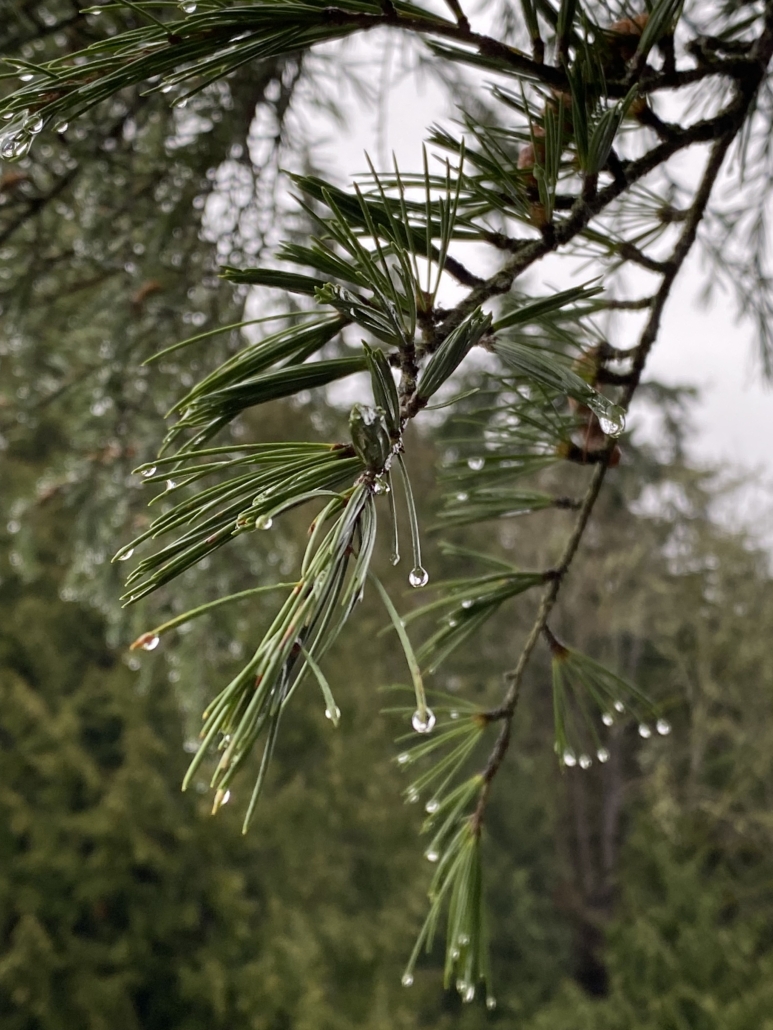


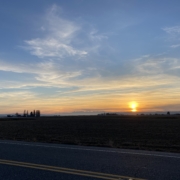
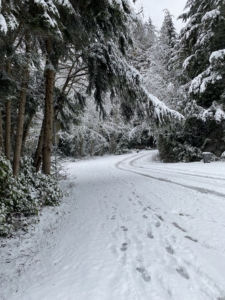 cracked the head of my left radius bone, right up there in my elbow. I was in a fiberglass splint—looked like and felt like a big ol’ cast—for 7 days. The initial evaluation suggested the crack went all the way through. I couldn’t use my arm, I couldn’t get it wet, couldn’t practice my Christmas songs on the piano, couldn’t wear my Christmas sweaters. I couldn’t type! It took me four or five days just to figure out how to wear clothes and leave the house.
cracked the head of my left radius bone, right up there in my elbow. I was in a fiberglass splint—looked like and felt like a big ol’ cast—for 7 days. The initial evaluation suggested the crack went all the way through. I couldn’t use my arm, I couldn’t get it wet, couldn’t practice my Christmas songs on the piano, couldn’t wear my Christmas sweaters. I couldn’t type! It took me four or five days just to figure out how to wear clothes and leave the house. absence” (or second coming). Back then, Advent was sometimes referred to as “the Lent of St. Martin’s” (and began on St. Martin’s day, November 11). Also, it was considered heretical to associate the Christian season too heavily with the winter solstice—too pagan. Sorry, but for me that’s exactly what’s evoked, and why I was drawn toward wanting to take part in the class. Well, light and an adventure.
absence” (or second coming). Back then, Advent was sometimes referred to as “the Lent of St. Martin’s” (and began on St. Martin’s day, November 11). Also, it was considered heretical to associate the Christian season too heavily with the winter solstice—too pagan. Sorry, but for me that’s exactly what’s evoked, and why I was drawn toward wanting to take part in the class. Well, light and an adventure.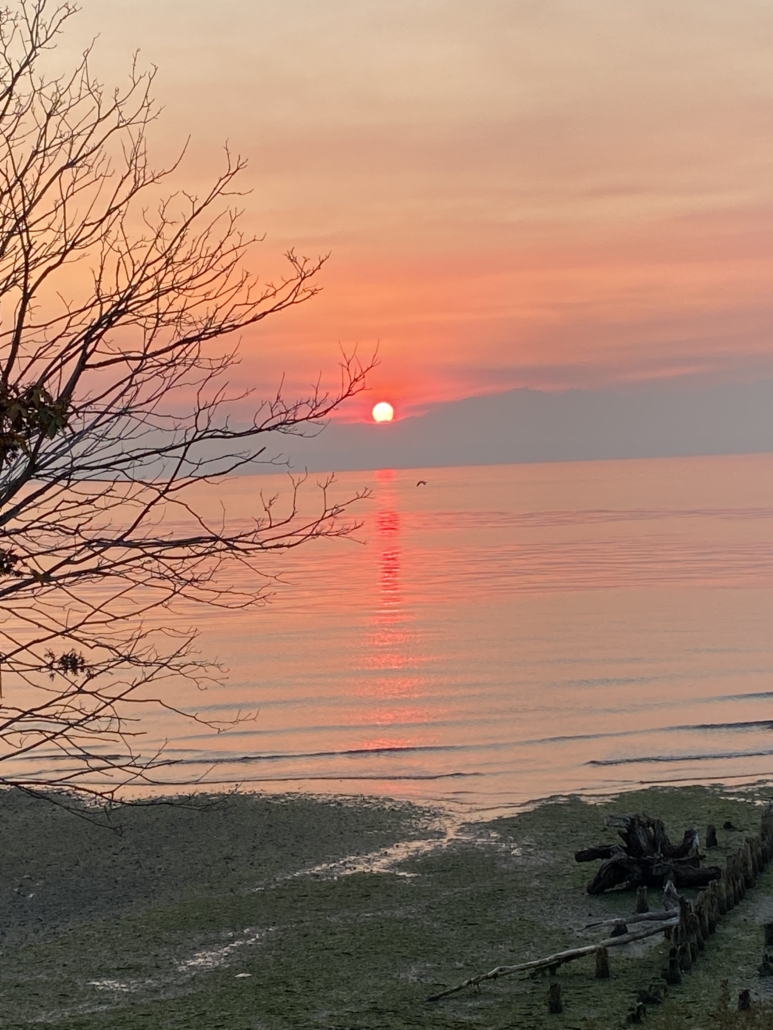

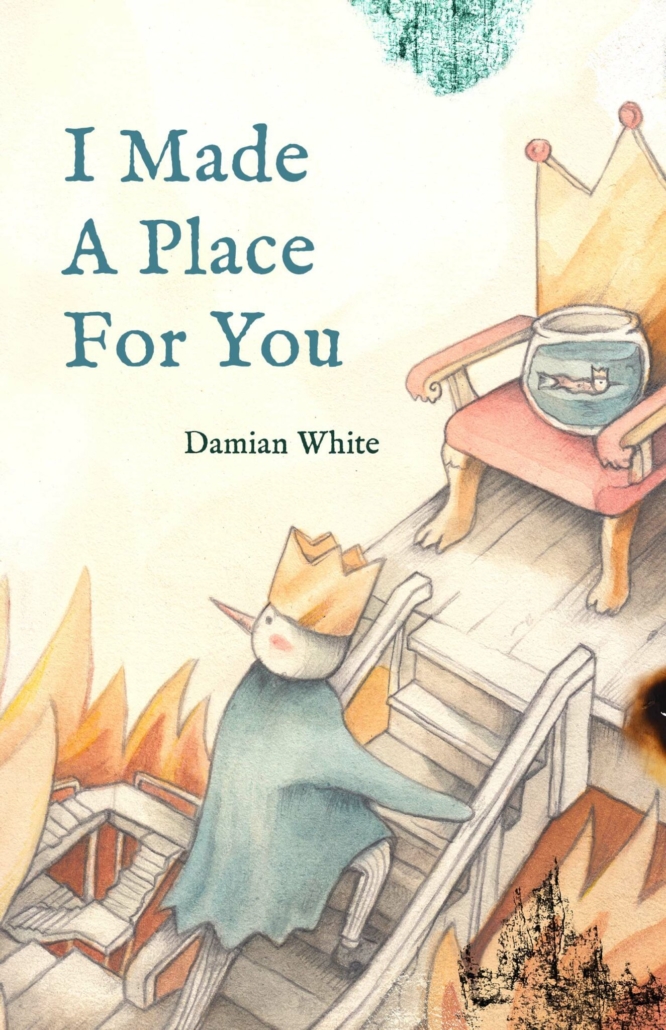 Columbus, Ohio. When I receive poetry books, I often set them aside until my April poetry blogging binge (a book a day), but I Made a Place for You was just released, and I told Damian I would blog about it right away.
Columbus, Ohio. When I receive poetry books, I often set them aside until my April poetry blogging binge (a book a day), but I Made a Place for You was just released, and I told Damian I would blog about it right away.